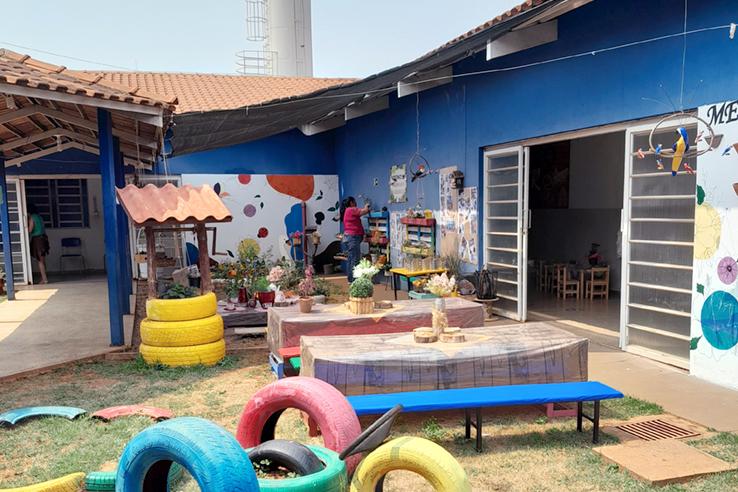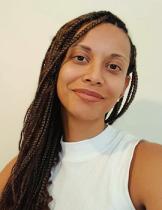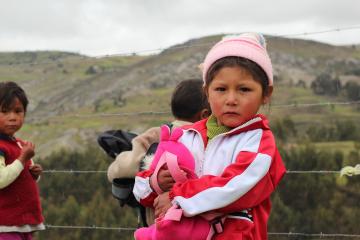Quality early childhood education: The role of teacher training

Text first published in Nexo Políticas Públicas.
Expanding access and the challenge of quality
With nearly all Brazilian children aged 4 and 5 now enrolled in preschool, new questions are emerging about how to ensure quality in this stage of education. According to Brazil’s National Institute for Educational Studies and Research, 93 percent of children in this age group attend preschool. While access has become nearly universal, ensuring that children experience meaningful learning and development opportunities remains a challenge.
Early childhood education (ECE) is the first stage of basic education in Brazil and a constitutional right for all children. Preschool enrollment is mandatory for children aged 4 to 5. However, guaranteeing quality requires more than access: It demands investment in teachers, curriculum, infrastructure, and pedagogical practices.
Lessons from international evidence
Improving pedagogical practices
J-PAL affiliate Francisco Gallego, together with Mariana Alfonso and Emma Naslund-Hadley carried out a randomized evaluation in Peru to examine the effects of a professional development program focused on strengthening preschool teachers’ math instruction. The program included training sessions, pedagogical materials, and personalized coaching from specialized monitors who observed teachers in classrooms and provided feedback.
For example, children were first asked to represent numbers with dots (•, • •, etc.) before being introduced to written symbols (1, 2, etc.). The study found that this training significantly improved children’s math skills, with gains persisting one year after the program ended. The impact was particularly strong among teachers with higher education degrees, underscoring the importance of initial teacher preparation.
Combining resources with training
In Colombia, the government has been investing since 2011 in partially subsidized early childhood education schools for children aged 18 months to 5 years, called Hogares Infantiles. Researchers identified that weak teacher training and high workloads imposed on these professionals are some barriers faced to the quality of education in these centers.
J-PAL academics Alison Andrew, Orazio Attanasio, and Raquel Bernal, together with Lina Cardona-Sosa, Sonya Krutikova, and Marta Rubio-Codina, implemented a randomized evaluation in these ECE schools to measure the effects of two interventions.
The first intervention provided additional funds to preschools primarily for hiring teaching assistants, while the second intervention combined these additional resources with offering professional development training for existing teachers.
The training included topics related to promoting child development through the arts, music, and body language materials, in addition to emphasizing the importance of prioritizing activities that promote children's learning during their stay in preschool.
The study showed that merely providing funds to hire new professionals was not sufficient to promote the development of the participating children. However, when the funds were combined with teacher training, there was a significant impact on the children's learning and language development.
Evidence as a guide for policy
Evidence from rigorous research like these studies can play a vital role in shaping early childhood policies that aim for both quality and equity. For evidence to guide policy effectively, it must connect with national norms and local contexts.
The cases from Peru and Colombia provide actionable lessons for policymakers in Brazil: Strengthening both initial and continuous teacher training can help improve pedagogical practices and foster child development in preschools.
J-PAL LAC’s contribution
At J-PAL Latin America and the Caribbean (LAC), we focus on how evidence can inform decisions on public policies and practices in early childhood education. Through the Pathways to Preschool project, in partnership with Fundação Bracell and Itaú Social, we are building collaborations between civil society, academia, and government to contribute to higher quality in early childhood education in Brazil.


